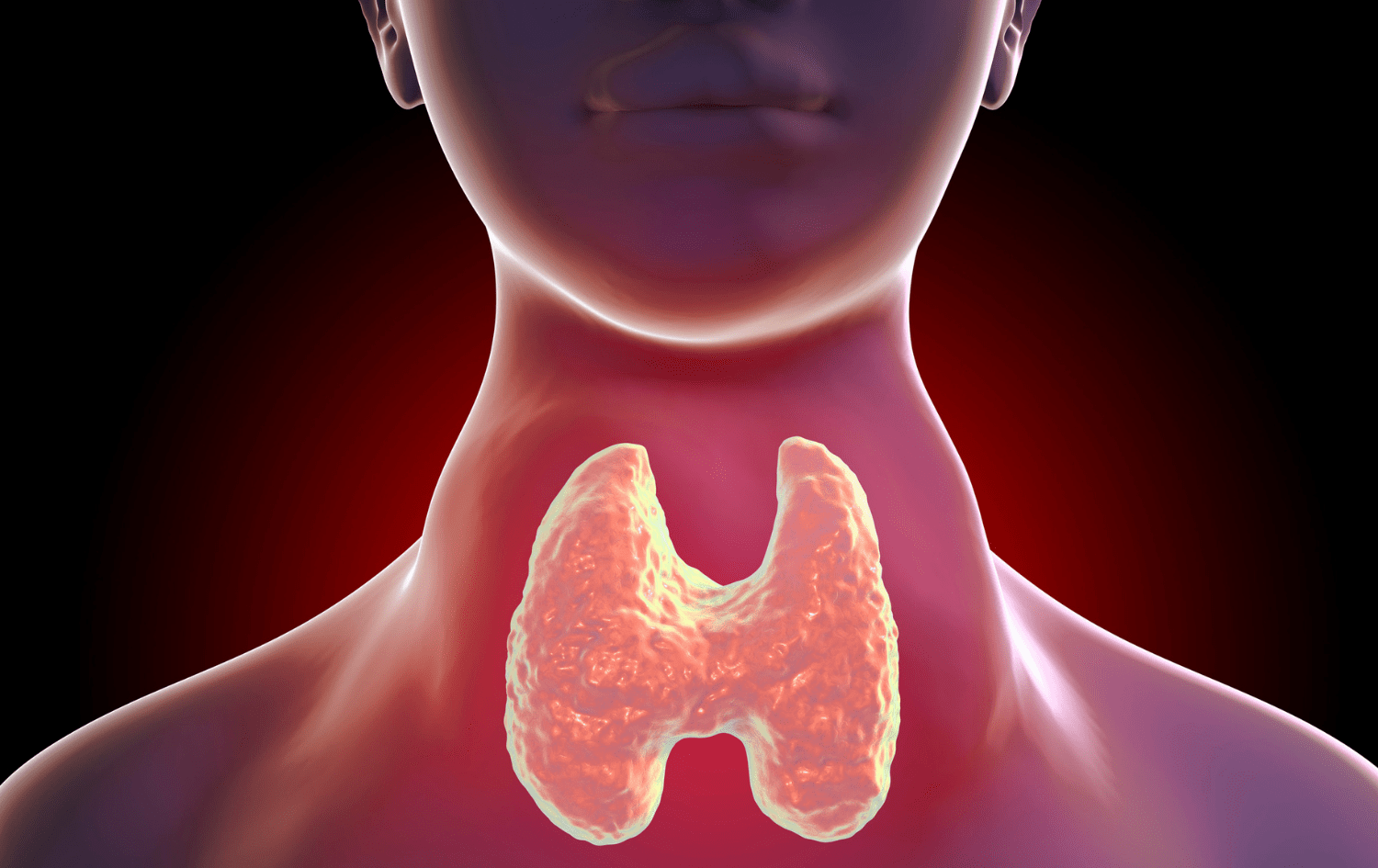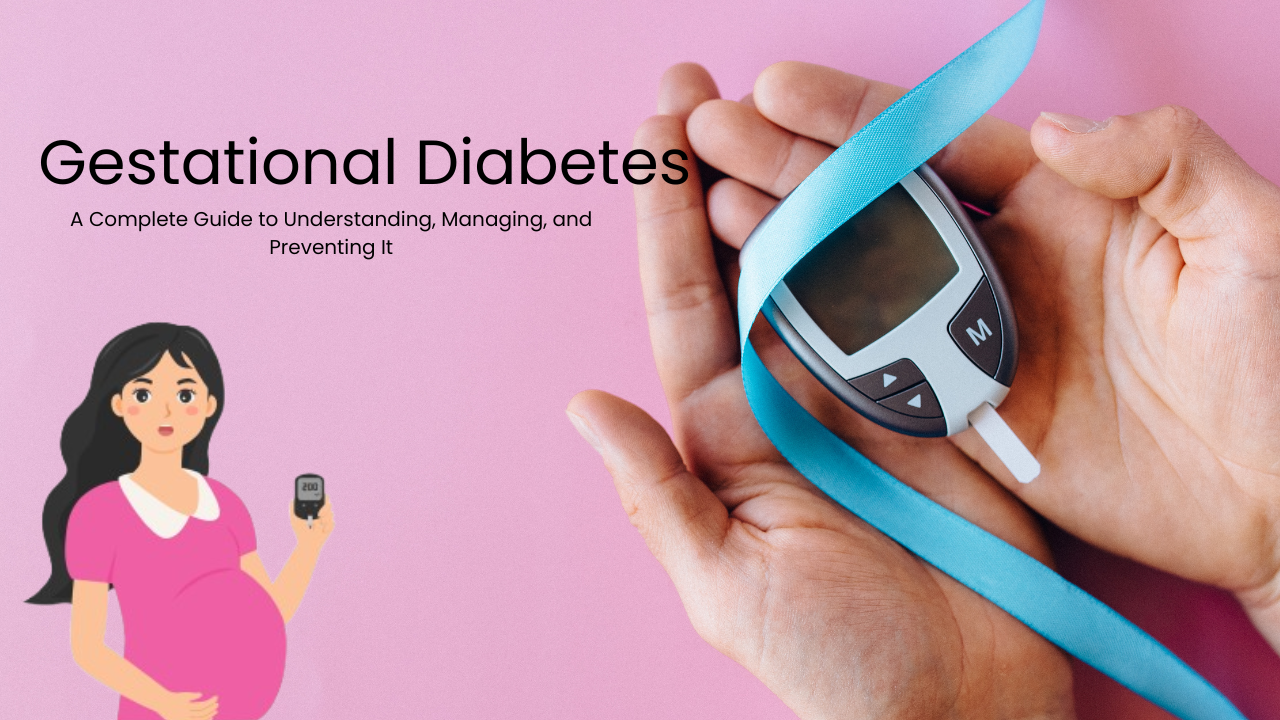Hypothyroidism is a common yet often misunderstood condition that affects millions of people worldwide. It is the second most common hormone disorder after Diabetes. This blog aims to provide an in-depth understanding of hypothyroidism, covering what it is, its causes, diagnosis, and treatment options.
What is Hypothyroidism?
The thyroid is a butterfly-shaped gland located at the base of your neck. It is crucial in regulating metabolism, energy production, and various bodily functions by releasing hormones such as thyroxine (T4) and triiodothyronine (T3). Hypothyroidism, often called an underactive thyroid, is a condition in which the thyroid gland does not produce enough thyroid hormones.
When the thyroid gland fails to produce enough hormones, the body’s metabolism slows down. This can lead to a myriad of symptoms and complications if left untreated. Hypothyroidism is more common in women, but it can affect anyone, including men, children, and infants.
Causes of Hypothyroidism
Several factors can contribute to the development of hypothyroidism. The most common causes include:
1. Autoimmune Diseases
- Hashimoto’s Thyroiditis: The most common cause of hypothyroidism, this autoimmune disorder occurs when the immune system attacks the thyroid gland, impairing its ability to produce hormones.
2. Iodine Deficiency
- Iodine is an essential element required for thyroid hormone production. A lack of iodine in the diet can lead to hypothyroidism, although this is rare in regions where iodine is added to salt and other foods.
3. Medications
- Certain medications, such as lithium and amiodarone, can interfere with thyroid function.
4. Thyroid Surgery
- Partial or complete removal of the thyroid gland can result in hypothyroidism.
5. Radiation Therapy
- Radiation treatments for cancers of the head and neck can damage the thyroid gland.
6. Congenital Hypothyroidism
- Some babies are born with a poorly functioning or absent thyroid gland, a condition known as congenital hypothyroidism.
7. Pituitary Gland Disorders
- The pituitary gland regulates thyroid hormone production. A malfunctioning pituitary gland can lead to secondary hypothyroidism.
8. Pregnancy
- Some women develop hypothyroidism during or after pregnancy due to autoimmune changes.
Symptoms of Hypothyroidism
The symptoms of hypothyroidism can vary depending on the severity of the hormone deficiency. They often develop slowly over time and may include:
- Fatigue
- Weight gain
- Cold intolerance
- Dry skin
- Hair thinning or hair loss
- Constipation
- Depression
- Memory issues or brain fog
- Hoarseness
- Puffy face
- Muscle weakness
- Slow heart rate
- Joint or muscle pain
- Swelling in the neck (goiter)
- Heavy or irregular menstrual periods
In severe cases, hypothyroidism can lead to myxedema, a rare but life-threatening condition characterized by extreme fatigue, low blood pressure, and decreased mental function.
Diagnosis of Hypothyroidism
Accurate diagnosis of hypothyroidism involves a combination of medical history, physical examination, and laboratory tests. Here’s what you can expect during the diagnostic process:
1. Medical History and Symptoms
- Your doctor will ask about your symptoms, medical history, and family history of thyroid or autoimmune disorders.
2. Physical Examination
- The doctor may check for signs such as an enlarged thyroid gland, dry skin, hair thinning, and a slow heart rate.
3. Blood Tests
- TSH (Thyroid-Stimulating Hormone): Elevated TSH levels are often the first indicator of hypothyroidism.
- Free T4 (Thyroxine): Low levels of free T4 confirm the diagnosis.
- Anti-Thyroid Antibodies: Testing for antibodies like anti-thyroid peroxidase (TPO) can help diagnose autoimmune-related hypothyroidism, such as Hashimoto’s thyroiditis.
Treatment of Hypothyroidism
The goals of treatment are to restore normal thyroid hormone levels, alleviate symptoms, and prevent complications. Treatment is usually lifelong but highly effective.
1. Levothyroxine Therapy
- The standard treatment for hypothyroidism is daily administration of levothyroxine, a synthetic form of T4. It is taken as a pill and helps normalize hormone levels. The TSH levels should be kept between 1-3 mIU/L. If hypothyroidism is of pituitary or central origin, then FT4 should be monitored and kept in the mid to upper normal range.
- Your doctor will determine the appropriate dosage based on your age, weight, and severity of the condition. Regular monitoring through blood tests ensures the dosage remains optimal.
2. Dietary Considerations
- Although diet alone cannot cure hypothyroidism, certain nutrients can support thyroid health:
- Iodine: Found in iodized salt, seafood, and dairy products.
- Selenium: Found in Brazil nuts, eggs, and sunflower seeds.
- Zinc: Found in meat, shellfish, and legumes.
- Avoid excessive consumption of goitrogens (found in soy, broccoli, cabbage, cauliflower, and kale), which can interfere with thyroid function when consumed in large amounts.
3. Lifestyle Changes
- Regular exercise, stress management, and adequate sleep can improve overall well-being and help manage symptoms.
Complications of Untreated Hypothyroidism
If left untreated, hypothyroidism can lead to serious complications, including:
- Heart Disease: High levels of LDL cholesterol can increase the risk of cardiovascular issues.
- Infertility: Low thyroid hormone levels can affect ovulation and fertility.
- Birth Defects: Untreated hypothyroidism during pregnancy can lead to developmental issues, Low IQ, and delayed milestones in the baby.
- Goiter: the presence of a large goiter may lead to difficulty in breathing due to pressure on the trachea etc.
- Compromised Quality of life– due to low or depressed mood, irritability, low energy, lethargy, poor focus, lack of sexual drive etc.
- Myxedema: A rare but severe form of hypothyroidism that requires immediate medical attention.
Some Common Myths related to Hypothyroidism
- Myth 1: Hypothyroidism only affects older adults.
Fact: It can affect people of all ages, including children and young adults. - Myth 2: If you are overweight, you automatically have hypothyroidism.
Fact: While hypothyroidism can contribute to some weight gain, many other factors can cause obesity. - Myth 3: Hypothyroidism can be cured permanently with medication.
Fact: Medication helps manage symptoms, but it is usually a lifelong treatment. - Myth 4: You cannot live a normal life with hypothyroidism.
Fact: With proper treatment, most people with hypothyroidism lead normal, active lives. - Myth 5: A woman cannot conceive if she has hypothyroidism.
Fact- Most women can conceive normally despite having hypothyroidism if their condition is well controlled.
Living with Hypothyroidism
Managing hypothyroidism effectively involves more than just medication. Here are some tips for living well with the condition:
- Follow Your Treatment Plan
- Take your medication as prescribed and at the same time each day.
- Monitor Your Symptoms
- Keep a journal to track any changes in your symptoms and share them with your doctor.
- Stay Informed
- Educate yourself about hypothyroidism and stay up-to-date with new research and treatments.
- Build a Support Network
- Join support groups or connect with others who have hypothyroidism to share experiences and advice.
- Regular Checkups
- Periodic visits to your healthcare provider ensure your treatment remains effective.
Conclusion
Hypothyroidism is a manageable condition when diagnosed early and treated appropriately. By understanding its causes, symptoms, and treatment options, you can take an active role in your health and well-being. If you suspect you may have hypothyroidism or are experiencing symptoms, consult a healthcare professional for a thorough evaluation.
Remember, while hypothyroidism is a lifelong condition, it doesn’t have to define your life. With proper care, supervision, guidance and lifestyle adjustments, you can lead a healthy, fulfilling life.





